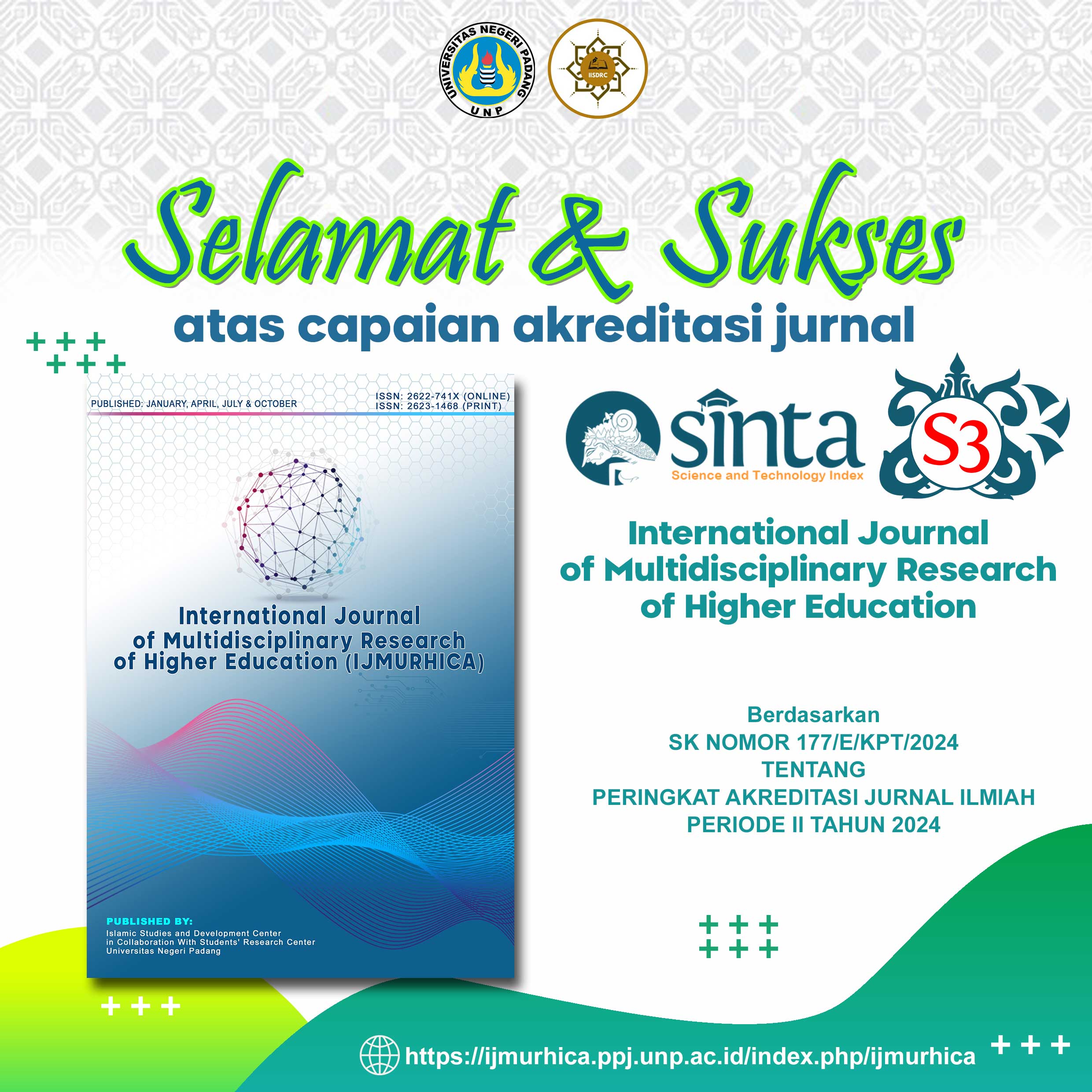The Korean Wave Phenomenon on Students’ Religious Attitudes
DOI:
https://doi.org/10.24036/ijmurhica.v5i3.139Keywords:
Korean wave, fanaticism, celebrity worship syndromeAbstract
This study aims to find out what are the effects of shifting religious values arising from the Korean Wave, especially K-Pop and K-Drama. This study uses qualitative methods with a phenomenological approach, research data taken through interviews just sung with twenty-five informants. All research and observation data were then analysed using Miles and Huberman. The results of this study indicate that there are five trends due to the Korean wave towards religiosity students include: i) prefer to learn about Korean, ii) postpone worship, iii) interested in studying Korean history, iv) more memorized Korean music, v) interested in learning korean rather than arabic. The results of this study can be used as initial data for future researchers in examining different issues related to this problem as well as various issues that are relevant to this context. The implications of the content presented have contributed to the shift in religiosity for some of their fans, including students. The attitude of fanaticism shown at both the low and high levels, namely Celebrity Worship Syndrome, is of course a new phenomenon for the Korean entertainment industry.






